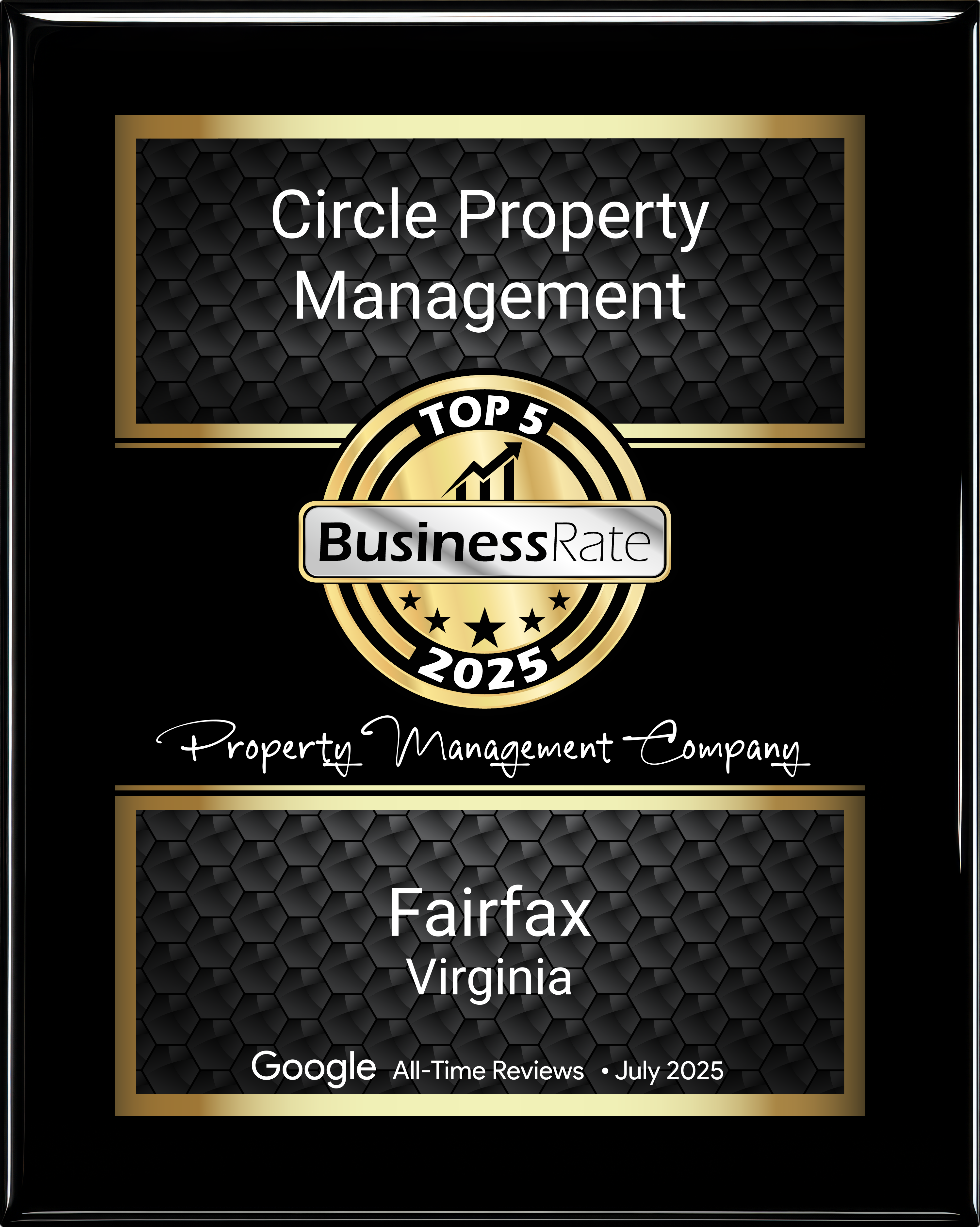
The lease agreement for your income property is essential.
It defines your relationship with your renters and the terms for their tenancy while protecting both parties. The lease is a legally binding agreement, so it’s crucial to ensure it’s updated, correct, and reflective of the terms you want your renters to abide by.
New landlords in Northern Virginia tend to make mistakes with their income property leases because they aren’t sure what’s legal or how to customize a lease agreement. Are you making these mistakes with your income property lease?
Using Generic Lease Forms
While it may be tempting to use generic or standard lease forms you find online or at the store for your lease, this is generally a bad idea. Not using a lease agreement specific to your state or property can get you into trouble as a landlord.
These standard leases may have incorrect stipulations that can cause problems later, such as strict rules, vague details, or higher than normal amounts for the security deposit and fees, which may be more than your state legally allows.
You always want your lease to be specific for your state and income property to protect you from liability and ensure your agreement with your renters is legal.
Not Including a Joint Liability Clause
If you allow roommates in your income property, it’s essential to include a clause in the lease regarding joint liability. Joint liability ensures that each tenant is responsible for the rent and abiding by the terms of the lease.
So if one of the tenants fails to come up with their portion of the rent or disappears, the other occupants are still responsible for the full amount of rent. You’ll need a joint liability clause if more than one tenant is listed on the lease or if you require a cosigner for the agreement.
Skipping Renter’s Insurance
Your lease agreement should always include a clause requiring the tenant to have renter’s insurance. Renter’s insurance covers the tenant’s items in the event of a fire, leak, or even structural issues at the property.
However, renter’s insurance can also protect you, the landlord, from liability. For example, renter’s insurance may cover accidents on the property and even pay for your tenants to have a place to stay when the unit needs to be repaired.
Renter’s insurance is typically inexpensive, and most tenants will expect a lease requirement to secure a policy.
Overlooking Tenant Responsibilities
While the lease is primarily an agreement between you and your tenants for a place to live in exchange for rent, it also serves another essential purpose—defining your relationship with your renters.
As such, the lease should define tenant and landlord responsibilities. Include information such as what maintenance or tasks your renters are responsible for and which you will handle. The lease should also include contact information and means of contact, including how to submit maintenance requests.
You and your tenants will have the agreement to refer back to throughout the length of the lease if there is any doubt about who is responsible for what.
Not Raising the Rent for a Lease Renewal
Another common mistake new landlords make is not increasing the rent when lease renewal time comes. Renters expect an increase in rent every year, and although they can negotiate with you, you should still raise the rent according to market value.
You will need to revise the lease to include the new rate and payment terms once you and your tenants agree on an amount. Remember that negotiating with your current renters is often easier than dealing with a vacancy and having to find new ones.
Have Questions About Your Lease?
Is your lease legal in the state of Virginia? Find out how to ensure your lease is legally binding and appropriate for your income property by working with a professional property management company. Contact Circle Property Management today at (703) 349-0144.
About The Author
 Patrick H. Page - Principal Broker | Licensed in Virginia and the District of Columbia
Patrick H. Page - Principal Broker | Licensed in Virginia and the District of Columbia

















